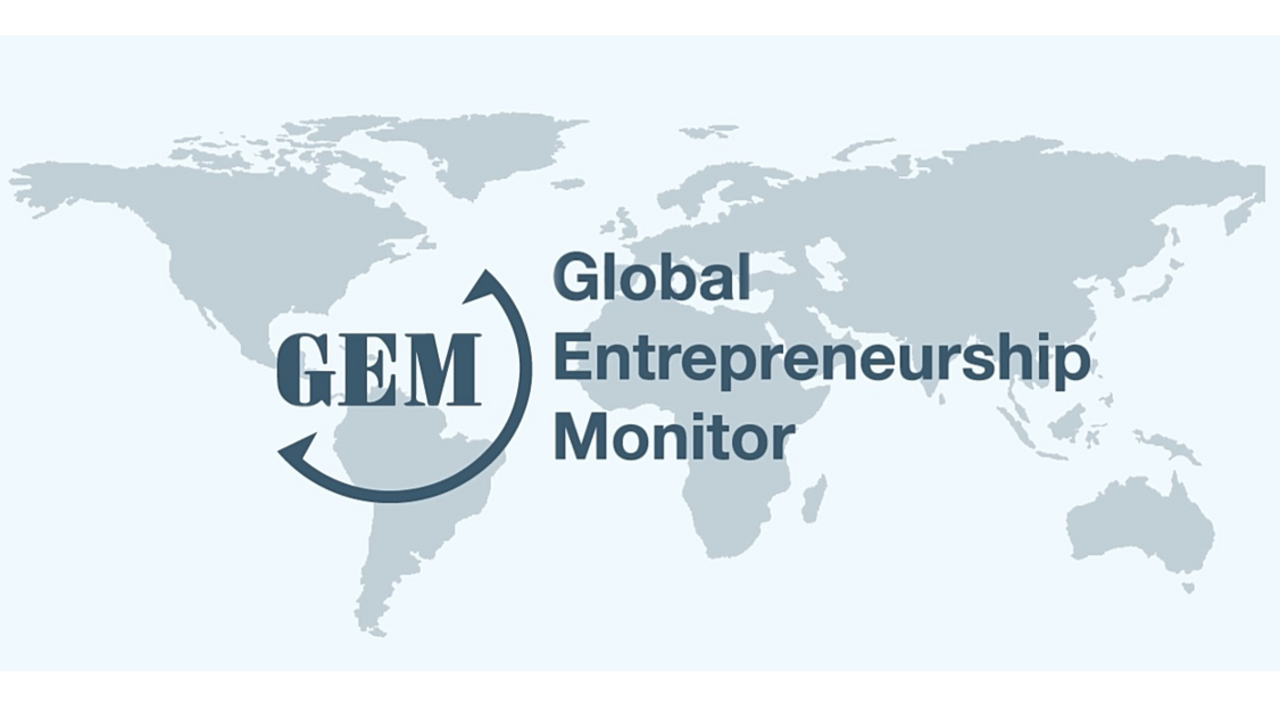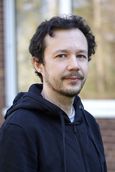Project
Global Entrepreneurship Monitor

To gain a comprehensive understanding of Germany as a startup location, it is advantageous to examine it from a global perspective. This is provided by the Global Entrepreneurship Monitor (GEM), the world's largest research network for analyzing start-up activities. The Thünen Institute has been a member of GEM since 2024, and together with the RKW Competence Center, it constitutes the German national team.
Background and Objective
Since its inception in 1999, GEM has emerged as the most extensive research consortium globally for the comparative analysis of start-up activity on an international scale. The data collection is primarily based on standardized and statistically representative population surveys conducted annually in approximately 50 countries, encompassing all major industrial nations. GEM pursues three main objectives:
- measuring and comparing start-up activities at the country level
- identifying important start-up determinants
- providing recommendations for policymakers
One of the strengths of GEM lies in considering the individual level, i.e., the adult population of a country and their propensity to start a business. This provides precise information about a person's age, education, and income that is particularly favorable or unfavorable for starting a new business. Furthermore, the GEM systematically maps the entire start-up process across various stages, thereby furnishing valuable insights into potential obstacles that may arise between the start-up idea and market entry.
At its core, the GEM is a project for comparing entire countries, but sufficiently high survey figures in a country also allow comparisons to be made at a sub-national level. As a founding member of the GEM, the German national team has a data series spanning more than two decades, which, in addition to international and time series comparisons, also enables regional differentiations of start-up activity, for example between urban and rural areas.
Data and Methods
GEM data is based on two annual surveys. The first and most important is the Adult Population Survey (APS), a globally standardized, statistically representative survey of the 18–64-year-old population. Among other things, it specifically asks which start-up phase the interviewees are currently in. This then makes it possible to differentiate between founders in the pre-start-up phase, so-called nascent entrepreneurs, founders of young companies (young entrepreneurs), and established entrepreneurs.
One of GEM’s most important key figures is the TEA rate. This "total early-stage entrepreneurial activity" is measured as a percentage of 18-64-year-olds and comprises two groups of founders: nascent and young entrepreneurs. The former are people who have taken decisive steps towards founding a company in the last twelve months. The latter are people who already run and/or own a young company at the time of the survey. The TEA rate therefore not only provides information about start-up activity but also about the start-up potential in the population.
The second data source of the GEM is the National Expert Survey (NES), in which start-up experts with diverse focus points evaluate the entrepreneurial framework conditions for their respective nations.
To determine and measure the determinants and effects of entrepreneurial activity, the individual data from the APS are combined with regional economic and macroeconomic variables and then analyzed in particular with the help of multi-level and panel regressions. The normative assessments conducted by the start-up experts serve to validate the regression outcomes.
Our Research Questions
- What is the level of start-up activity in Germany, and how can it be explained and evaluated?
- What are the special features of Germany as a start-up location?
- What regional patterns characterize start-up activity in Germany?
Links and Downloads
Thünen-Contact

Involved Thünen-Partners
Involved external Thünen-Partners
-
Leibniz Universität Hannover
(Hannover, Deutschland) - RKW Kompetenzzentrum
(Eschborn, Deutschland)
Duration
4.2024 - 6.2027
More Information
Project status:
ongoing
Publications to the project
- 0
Täube F, Hundt C, Gorynia-Pfeffer N, Bergholz C, Schauer J, Baharian A, Wallisch M (2025) Global Entrepreneurship Monitor : Unternehmensgründungen im weltweiten Vergleich ; Länderbericht Deutschland 2024/25. Eschborn: RKW Kompetenzzentrum, 80 p

![[Translate to English:] [Translate to English:]](/media/_processed_/6/1/csm_AdobeStock_543466681_9df3d40718.jpeg)
![[Translate to English:] [Translate to English:]](/media/_processed_/6/1/csm_AdobeStock_543466681_6eab1c26f9.jpeg)





